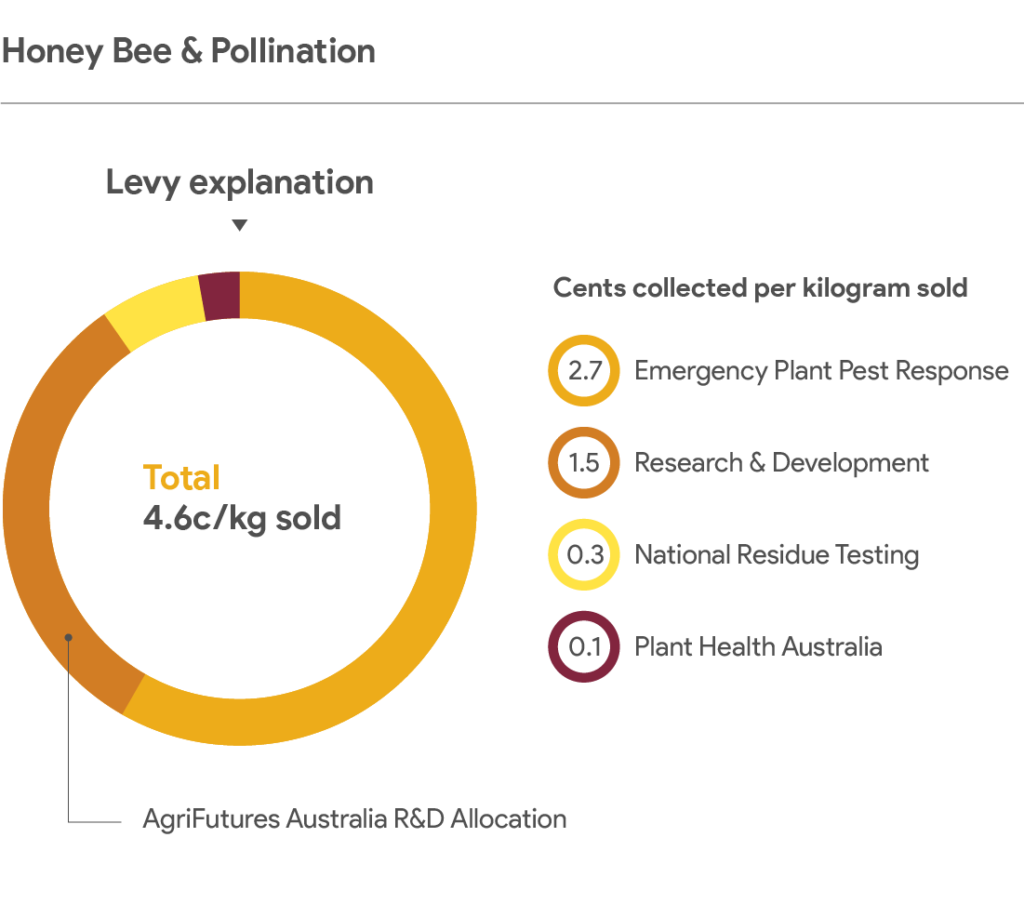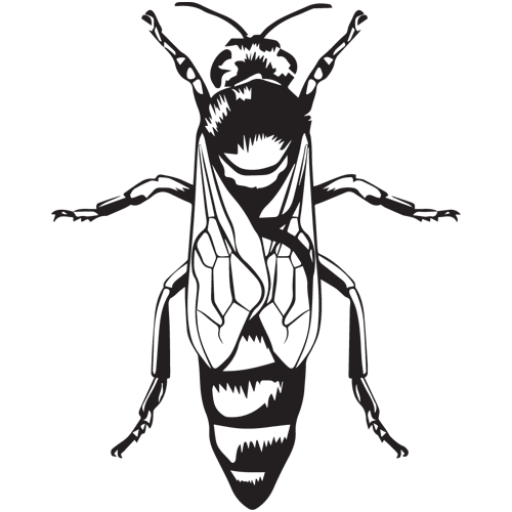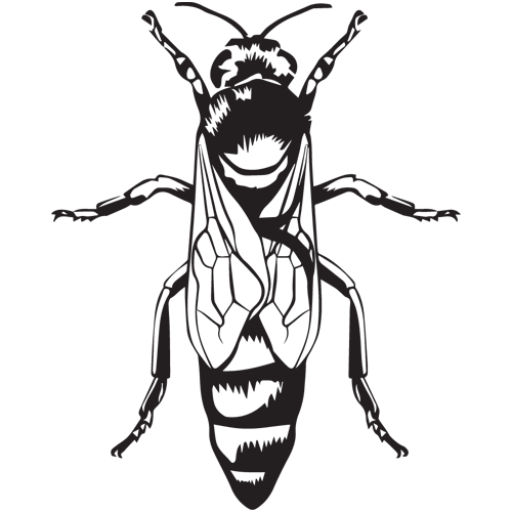Queensland’s Bee Biosecurity Officer (BBO)
Meet our Queensland Bee Biosecurity Officer (BBO)
Currently our BBO is Dr David Schlipalius. Dave is replacing Dr Rebecca Laws who is currently away on maternity leave.
Dr David Schlipalius has been a research entomologist for more than 20 years and has a Bachelor of Science majoring in Entomology and a PhD in Genetics. He has studied the genetics of honey bee behaviour in the invasive Africanised Honey Bee and contributed to the Honey Bee Genome Project.
Dave has also led projects on other biosecurity issues such as pesticide resistance in the grains industry with the Department of Agriculture and Fisheries (DAF) and The University of Queensland (UQ). Dave also maintains a keen interest in education and training, has a Postgraduate Diploma in Education and has taught undergraduate courses at UQ. Most recently David has been involved with khapra beetle diagnostics as a member of the National Khapra Beetle Response Program team.
Contact Details for Bee Biosecurity Officer (BBO)
Email: dave.schlipalius@daf.qld.gov.au
Email: beebiosecurity@daf.qld.gov.au
Office: 07 3708 8367
Mobile: 0436 858 838
Funding for BBO and Other Programs
The Queensland Bee Biosecurity Officer is funded by money collected from the honey levy. When a beekeeper sells more than 1500kgs honey per year, they must pay a levy on that honey. This levy money goes towards different programs.
On average, honey production in Australia, including commercial and recreational production, is 37,000 tonnes. In a typical year 70 per cent of Australian honey is produced from native flora.
See this diagram for a breakdown of where the honey levy is directed. The levy is only collected on approximately 20,000 tonnes of honey produced in Australia.
For more information please follow the below link to the Department of Agriculture, Fisheries and Forestry.

For more information please see this link at Agrifutures “What is the national honey levy?”
Biosecurity Online Training (BOLT)
A key to protecting the health of Australia’s honey bee industry is good biosecurity practices. The BOLT course provides all beekeepers with a pathway to learn more about established and exotic pests and diseases which have the ability to significantly impact the health of Australia’s honey bee populations.
Complete this free training within the first year for new beekeepers then every 3 years as a refresher course.
This training is provided by Plant Health Australia and can be accessed through their online learning portal. Be sure to scroll to the bottom of the page to access the beekeeper specific BOLT training.
What Our Members Say About Us
Hobby Beekeepers
Commercial Beekeepers
Total Qld Bee Hives
Bee Population Qld
Get in Touch
We encourage members of the public to connect with the QBA via email. One of our friendly team will be in contact with you as soon as possible.


